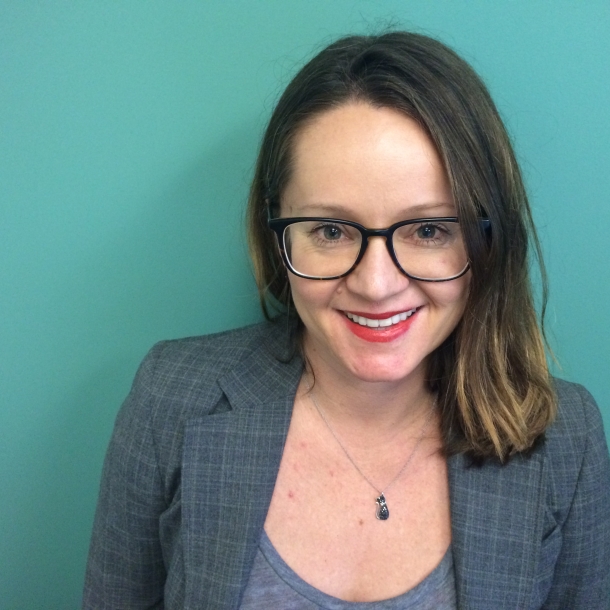County Strategies to Provide Supportive Housing for Familiar Faces

Virtual Event | On-Demand Recording
This webinar is available on-demand. If you have trouble accessing the recording, please email nacomeetings@naco.org.
What does it take to house and support familiar faces? Familiar faces are individuals who frequently cycle through jails, homeless shelters, emergency departments and other crisis services. Familiar faces often have complex health and behavioral health conditions that can result in overuse of these costly services without improving their situations, leaving communities paying for poor outcomes. In response, many counties are developing coordinated continuums of care to address the systemic and individual challenges associated with multiple systems involvement. One of the most important tools for counties to effectively improve long-term outcomes is housing, and in particular supportive housing. Join NACo for a panel discussion with experts and county leaders who have developed innovative funding models to support housing programs and facilities for familiar faces within their communities.
Speakers

Kim Keaton

Cynthia Latcham
Contact
Featured Initiative
Familiar Faces Initiative
The Familiar Faces Initiative aimed to reduce incarceration and hospitalization rates for individuals frequently cycling through jails, shelters, and emergency services. The program encouraged communities to share data and integrate care between health and justice systems for earlier intervention, improving outcomes for these "familiar faces."







